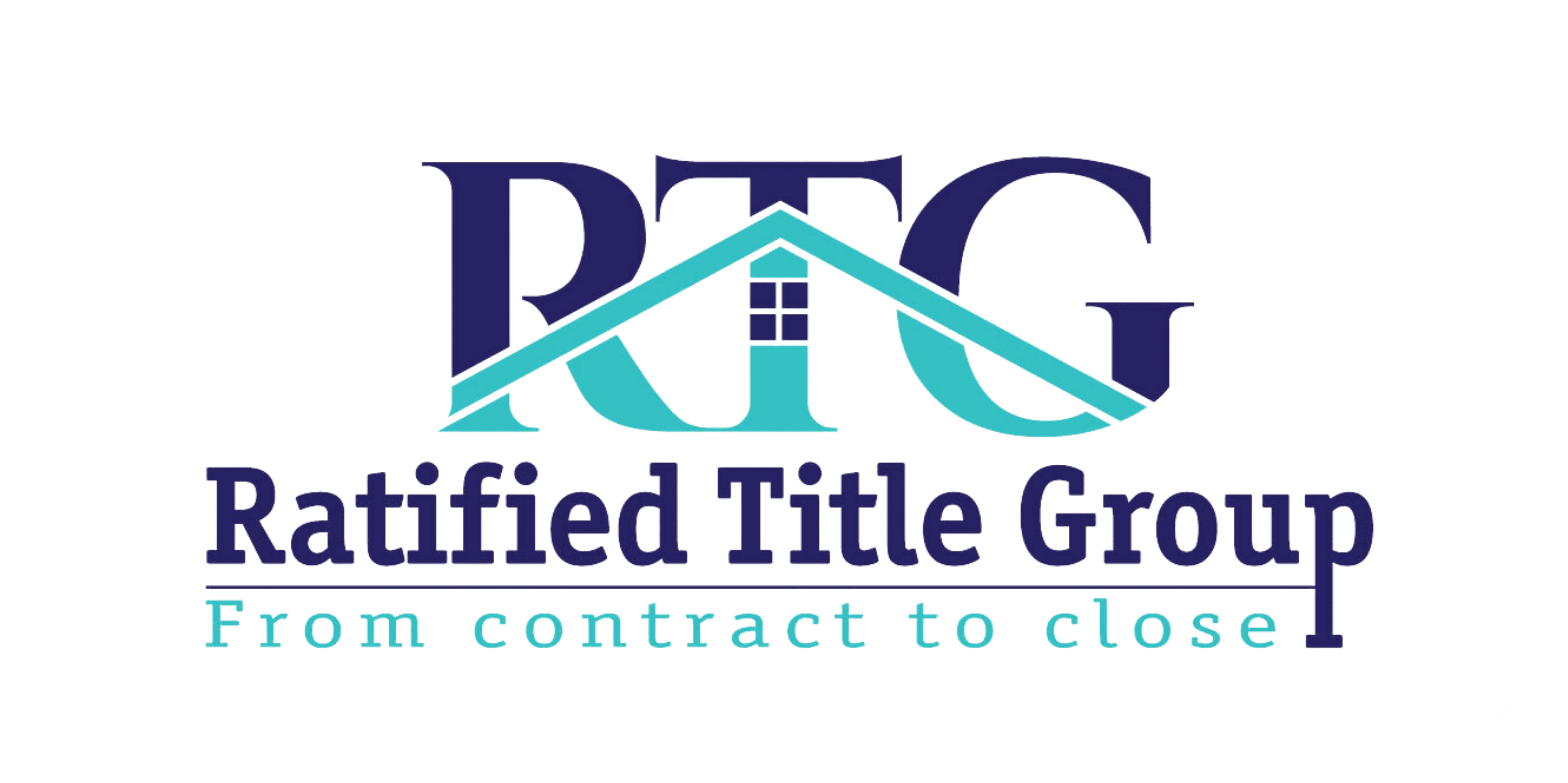Step into the intriguing world of historic homeownership in Virginia, where every creaky floorboard and hidden room may hold stories of the past. Uncover the secrets and challenges that come with buying a piece of history, from ghostly encounters to hidden surprises. Join us as we delve into the realm of homebuyer disclosures in Virginia’s historic homes.
Understanding Homebuyer Disclosures
When diving into the realm of purchasing a historic home, it is crucial to grasp the concept of homebuyer disclosures. These disclosures are legal documents that provide buyers with essential information about the property they are interested in. From structural details to historical events, disclosures aim to ensure that buyers are well-informed before making a significant investment.
Homebuyer disclosures serve as a roadmap for buyers, guiding them through the intricate details of a property’s past. By examining these disclosures carefully, buyers can uncover potential issues, understand the property’s history, and make informed decisions about their purchase. Transparency is key in this process, allowing buyers to proceed with confidence and clarity.
Navigating homebuyer disclosures can feel like embarking on a historical treasure hunt. Each disclosure unveils a piece of the property’s story, shedding light on its past occupants, events, and structural details. By embracing this journey of discovery, buyers can gain a deeper appreciation for the historical significance of the homes they are considering.
The Importance of Full Disclosure
Full disclosure in the real estate world holds immense importance, especially when it comes to historic homes. Buyers rely on sellers to provide them with comprehensive information about the property, including any known issues, past events, or unique features. This transparency builds trust between buyers and sellers, fostering a smoother transaction process.
In the context of historic homes, full disclosure takes on added significance. Buyers seeking to own a piece of history must be aware of all aspects of the property, from its architectural quirks to its historical significance. By ensuring full disclosure, sellers empower buyers to make well-informed decisions and appreciate the heritage of the home they are purchasing.
The impact of full disclosure reverberates throughout the homebuying experience. Honesty about a property’s past ensures that buyers enter the transaction with realistic expectations and a deep understanding of what they are investing in. By upholding the value of full disclosure, both buyers and sellers contribute to a transparent and ethical real estate environment.
Understanding Disclosure Requirements in Virginia
In Virginia, sellers are required to disclose certain information about their property to potential buyers. This includes structural defects, environmental hazards, and any material facts that might affect the property’s value. However, when it comes to events like deaths, murders, and alleged hauntings, the requirements can be less clear.
Stigmatized Properties: What You Need to Know
Properties that have been the site of a murder, death, or alleged paranormal activity are often referred to as “stigmatized properties.” In Virginia, sellers are not legally required to disclose deaths or murders that have occurred in a home unless directly asked by the buyer. This means it’s crucial for buyers to ask specific questions if they have concerns about the property’s history.
Common Questions About Historic Homes
- Murders and Deaths: Buyers often want to know if any violent deaths have occurred in a home. While sellers may not be required to volunteer this information, they must answer honestly if asked directly.
- Paranormal Activity: Stories of hauntings and ghosts can add an eerie charm to a historic property, but they also raise questions. Though there is no legal requirement to disclose alleged hauntings, transparency can help build trust between the buyer and seller.
- Historical Events: Significant historical events, such as battles, can impact a property’s value and desirability. Disclosing such information, even if not legally required, can provide context and appeal to history enthusiasts.
Tips for Buyers and Sellers
- For Buyers:
- Do your research: Investigate the history of the property and the area.
- Ask direct questions: Inquire about any deaths, violent events, or unusual occurrences in the home.
- Consult a local expert: A real estate agent familiar with the area’s history can provide valuable insights.
- For Sellers:
- Be prepared: Know the history of your property and be ready to answer questions.
- Be transparent: While not always legally required, being open about the property’s past can prevent future disputes.
- Provide documentation: If available, share any historical records or documents that can help clarify the property’s past.
Common Disclosures in Historic Homes
Historic homes often come with a set of unique disclosures that differ from modern properties. Buyers exploring historic homes may encounter disclosures related to the property’s age, historical significance, or potential structural issues. Understanding these common disclosures is crucial for navigating the purchase of a historic home successfully.
One common disclosure in historic homes pertains to historical events that have taken place on the property. Whether it’s documenting battles, notable figures who lived in the home, or architectural details from a specific era, these disclosures provide buyers with a glimpse into the property’s rich past. Embracing these disclosures can add a layer of appreciation for the historical context of the home.
Additionally, disclosures about the condition of the property’s foundation, roofing, or internal systems are vital for buyers considering a historic home. Understanding the maintenance and upkeep requirements outlined in these disclosures can help buyers assess the long-term investment potential of the property. By scrutinizing these common disclosures, buyers can make informed decisions about the property’s suitability for their needs.
Navigating Specific Legal Requirements
In addition to common disclosures, buyers of historic homes in Virginia must navigate specific legal requirements outlined by state laws. These requirements may vary based on the property’s status as a historic landmark or its inclusion in a preservation district. Understanding these legal obligations is essential for buyers to ensure compliance and avoid potential pitfalls in the purchasing process.
Disclosures related to the property’s historical significance, preservation restrictions, or environmental considerations may fall under these legal requirements. Buyers must familiarize themselves with the nuances of these disclosures to guarantee a smooth transaction and mitigate any future complications. By partnering with real estate experts well-versed in Virginia’s legal landscape, buyers can navigate these specific requirements with confidence.
Navigating through the maze of legal requirements for historic homes demands attention to detail and a thorough understanding of the implications. Buyers embarking on this journey should seek guidance from professionals who specialize in historic properties to ensure compliance with all disclosures and regulations. By prioritizing legal adherence, buyers can embark on their homeownership journey with clarity and peace of mind.
As you navigate the intricate world of disclosures in historic homes, remember that each piece of information contributes to the mosaic of a property’s story. By embracing the challenges and surprises that come with historic homeownership, buyers can forge a deeper connection with the past and create a meaningful legacy for generations to come.
Exploring the Rich Tapestry of Historic Home Disclosures
As you embark on the journey of exploring historic homes in Virginia, remember that behind every creaking staircase or hidden attic lies a piece of history waiting to be discovered. By understanding the nuances of homebuyer disclosures, you can navigate the unique landscape of historic properties with confidence and clarity. Whether you’re drawn to the charm of the past or intrigued by the mysteries it holds, each disclosure adds a layer of intrigue to your homebuying adventure.



